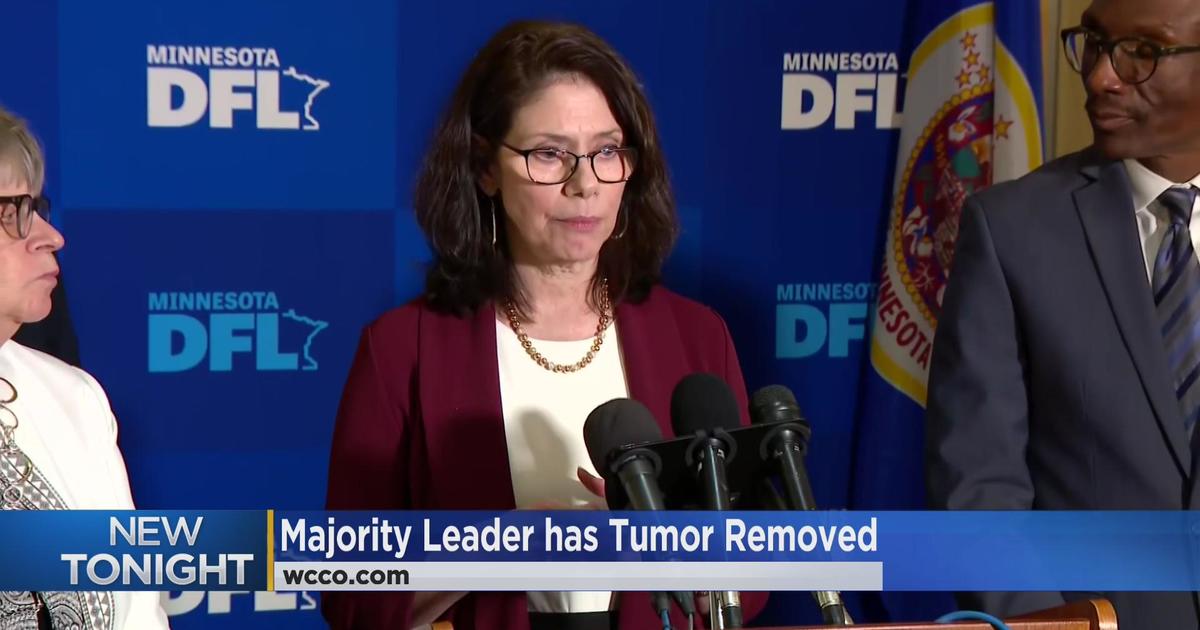The Devastating Impact of Cancer
The political landscape of Minnesota has suffered an immense loss with the passing of former Senate Majority Leader Kari Dziedzic, who succumbed to cancer at the age of 62. This tragic event underscores the devastating impact cancer has on individuals, families, and communities worldwide.
Kari Dziedzic’s Legacy
Dziedzic was a respected politician and community leader who made significant contributions to Minnesota. She served as a state representative for 12 years before being elected to the Senate in 2012. As Senate Majority Leader from 2017 to 2020, she played a key role in shaping state policies on a wide range of issues.
Beyond her political career, Dziedzic was known for her dedication to public service and her passionate advocacy for health care and education. She was a strong supporter of cancer research and treatment programs, recognizing the importance of providing access to quality care for all.
Cancer’s Prevalence and Mortality
Cancer remains one of the leading causes of death worldwide, with millions of people diagnosed each year. The American Cancer Society estimates that in 2023, over 1.9 million new cancer cases will be diagnosed in the United States alone, leading to over 600,000 deaths.
These figures highlight the urgency of addressing cancer prevention, early detection, and effective treatment strategies. Investment in research, public awareness campaigns, and accessible health care systems are crucial to reducing the burden of cancer and improving patient outcomes.
Perspectives on Cancer Management
The management of cancer is a complex and multifaceted issue, involving a range of treatment approaches and support systems. The decision-making process often requires careful consideration of individual circumstances, weighing the benefits and risks of various options.
Some of the challenges in cancer management include:
Research and Innovation in Cancer Treatment
Advances in cancer research and technology have led to significant improvements in treatment outcomes in recent years. Innovative approaches such as targeted therapy, immunotherapy, and precision medicine are offering new hope for patients.
Ongoing research focuses on:
Support for Cancer Patients and Caregivers
The journey through cancer treatment and recovery requires compassion, empathy, and comprehensive support. For patients and their loved ones, support systems play a vital role in coping with the challenges of the disease.
Key elements of support include:
Conclusion: A Call for Action
The passing of Kari Dziedzic is a somber reminder of the devastating impact of cancer and the need for continued efforts to combat this disease. Her legacy as a passionate advocate for health care and education inspires us to strive for a world where every individual has access to quality cancer prevention, treatment, and support.
While there have been significant advancements in cancer management, much work remains to be done. We must continue to invest in research, innovation, and support services for cancer patients and their loved ones. Through collective action and unwavering determination, we can work towards a future where the burden of cancer is reduced, and individuals can live longer, healthier lives.

